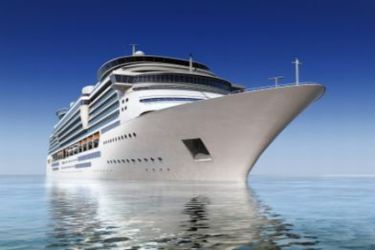Maritime work is inherently dangerous, but employees maintain the right to as safe a work environment as possible. Maritime employees work and live on vessels cramped with heavy equipment, nets, tools, and winches. Too often, winches are the source of serious and even fatal accidents. According to the US Centers for Disease Control, there were at least eight fatal winch accidents and another 27 non-fatal injuries between 2000 and 2011.
Many of these incidents resulted from poor equipment maintenance, negligent crew, and a lack of proper training.
How Winch Accidents Happen
Winches come in a variety of sizes and models. Commonly used to reel in or let out the tension in cables and wires aboard vessels, winches tow a wide range of vehicles and equipment. Winches are powerful machines, and when used improperly, they can do incredible amounts of damage. It’s easy to see how crewmembers sometimes become lodged in the machinery. Loose clothing like gloves, shorts, and jackets are often caught in the winch, taking the crewmember down with it. Entanglements with the spinning winch drum are the leading cause of winch-related accidents.
When someone gets entangled in a winch, they may lose fingers, hands or arms to the machine. Fractures are also common in maritime workers involved in winch accidents. Mechanical asphyxiation is one of the most common causes of death by winch, but typically occurs when employees are working alone and unsupervised. Winch injuries aren’t always fatal, but are often serious enough to derail an otherwise successful career in the maritime industry.
Compensation for Maritime Workers
Under the Jones Act, maritime workers may be entitled to compensation when negligence is involved. Employers owe their workers a safe environment in which to conduct their duties. When they fail to provide, employees may pursue compensation under the Jones Act. Seamen injured on the job may be eligible for lost past and future wages, medical expenses, lost earning capacity, and money for their pain and suffering.
Maintenance and Cure Payments
Seamen are uniquely entitled to maintenance and cure while working aboard maritime vessels. This means all of the medical expenses connected to the workplace injury (cure) and their daily living allowance (maintenance) must be paid by the employer until the worker reaches maximum medical improvement. Unfortunately, not every employer is forthright with what they owe their workers, and sometimes outright refuse to pay what they owe their injured employees. In such cases, maritime workers should seek out the advice and representation of an experienced maritime lawyer.
Virginia Maritime Lawyer Richard Serpe
If your employer has tried to blame for you for injuries suffered in a winch accident, it’s time to speak with a maritime attorney. The lawyers at Richard J. Serpe, PC can help you understand your rights under the Jones Act and ensure you’re fairly compensated under Federal Maritime Law. Don’t let irresponsible employers escape liability. Allow our team to represent you and get the compensation you deserve. Schedule your free consultation now.






